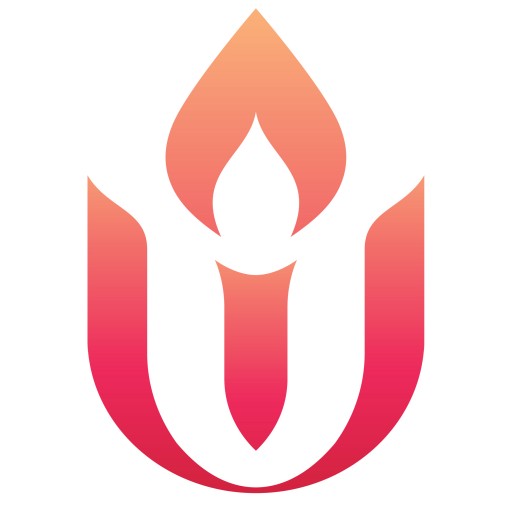Rev. Chris Antal
“Corey Michael Hadley died of wounds inflicted during the Iraq and Afghanistan wars. His wounds were slow acting and invisible but nonetheless crippling and fatal. He fought the creeping, poisonous advance of these emotional and mental wounds for years, and his battle ended on Wednesday, January 2, 2020.” The obituary opened with these words, which his Aunt wrote and then read during the funeral, on the second Saturday in January, in a packed chapel, at the Second Baptist Church of Germantown, Philadelphia. He was thirty years old.
Corey’s journey overlapped with my own. We had both served in the Army, in Afghanistan, in 2012. He was an enlisted soldier; I was an officer and a chaplain. I arrived in September. He arrived in October. We both returned the following year, alive, physically unharmed. After that, in our own separate ways, we tried to find our way home. Seven months before he died, he came to me for spiritual care. I listened to his story and felt some of his pain. I offered guidance and connected him with a psychiatrist. I offered to meet him again and encouraged him to join a group for Veterans with moral injury. We met several times, and then he started missing appointments. He never joined the group. The next time I saw Corey he was in a casket.
At the funeral, the community had many words. The few that I recall were those of Captain Jason Pak, US Army retired, whose journey from cadet at West Point to platoon leader in Afghanistan brought him into relationship with Corey. On December 12, 2012, while leading foot patrols, the then Lieutenant Pak stepped on a pressure-plate improvised explosive device and lost both his legs in the blast. Seven years and multiple surgeries later, he stood tall in the podium at Second Baptist on his two prosthetic limbs and told the crowd: “Corey was the best of our generation.” Then he gazed across the sanctuary to the family gathered in the front pews, and, perhaps sensing the survivor’s guilt that often follows a death by suicide, offered these well-intended words of comfort: “He is responsible for his own actions.”
The community said many words, and the clergy recited many scriptures. I wondered what Corey would have thought about all the talk of sacrifice and salvation from the pulpit. I wondered whether Corey ever found in Second Baptist, or any religious community, a place to call home.
Bearing Witness to Grief
But what impressed me, what I will never forget, was bearing witness to a grandmother shrieking the name of her grandson as the casket was sealed over a lifeless body adorned in full military dress. I wish every citizen of a society who sends young people to kill and die could see and hear what I saw and heard that day.
After the funeral I met with Jason. I shook his hand and told him we had been in Afghanistan at the same time. I wanted to respond to his remark about responsibility. I told him, “Yes, Corey is responsible for his own actions and we share responsibility for his wounds, just like our society shares responsibility for your wounds, your loss of limbs.” Jason agreed.
I continue to reflect on, and struggle with, what happened with Corey. It is an experience I believe all citizens need to reflect on, and struggle with. If we accept the obituary as true, that Corey Michael Hadley died of wounds inflicted during the Iraq and Afghanistan wars, then even though Corey died by his own hands he alone is not responsible for his death. If we accept the obituary as true, then we—the society who sent him to Iraq and Afghanistan—also shares some responsibility for his death.
‘A Place to Call Home’
On two Saturdays, February 29 and March 14, from 1-4 p.m, I invite you to join me for sustained reflection and study about the role of faith communities in addressing Veterans and other people who might be struggling with emotional, mental, and moral pain. We will use a pilot program developed by the VA for faith communities called, “A Place to Call Home.” Contact me if you are interested in participating in this worthy venture. I believe the UUCRT, as a community committed to radical hospitality and peace advocacy, is a place where the most pained and troubled among us should find a place to call home.
See you at the UU!
